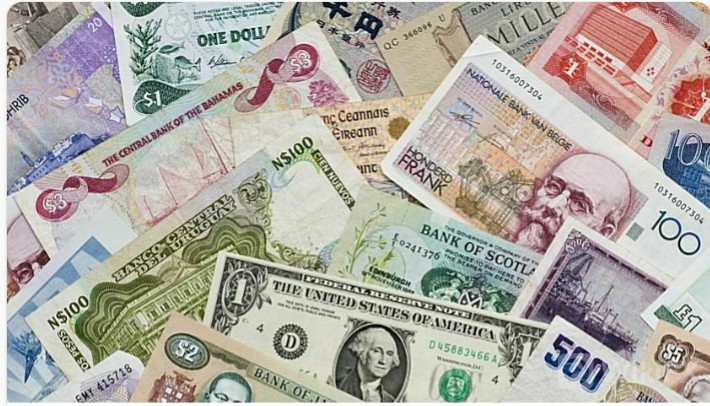
The decision by the Fed Reserve to implement it's policies on Tapering has given greatest concern to investors as this will increase the interest rates and reduce the amount of money in circulation and available for the purchase of stocks, Crypto and assets. The US dollar will have to sower higher against other country's pairs that have failed to tighten their monetary policies which has been relaxed since the beginning of the Pandemic.

What Is Tapering?
Tapering is the theoretical reversal of quantitative easing (QE) policies, which are implemented by a central bank and intended to stimulate economic growth.
More so, Tapering involves the slowing of asset purchases, which, theoretically, leads to the reversal of quantitative easing (QE) policies implemented by a central bank. Thus Tapering is instituted after QE policies have accomplished the desired effect of stimulating and stabilizing the economy.
Hence with the sustained dependence on sustained monetary stimulus under QE especially since the Pandemic lockdown, the financial markets may experience a downturn in response to tapering; this is known as a “taper tantrum.” Taper tantrums may lead central banks to promptly re-accelerate asset purchases (and essentially reverse the process of tapering).
Tapering and Rising Inflations set to divert investment
The Fed Reserve since the beginning of the pandemic two years ago have sustained tapering. The Central banks equally have provided unprecedented amounts of stimulus over the last decade and took that to another level during the pandemic as the world went into lockdown. However, with the increased recovery from the pandemic the Fed have considered it ripe to implement it's tapering policy. The implementation of this policy will no doubt affect the Forex Market significantly especially when paired with the US dollar.
In 2012 for instance, the mere news of a possible quantitative easing (QE) tapering by the Fed sent the world currency markets into a tailspin as many other currencies belonging to the developing countries (with huge fiscal deficits) faced historic lows against the dollar.
Now the Fed believes that the required conditions to withhold tapering has been met. Hence, Inflation is around the corner and has kept policy makers central banks very nervous especially since none is sure how long this tapering policy will last.
Consequently, some central banks across the globe have already pushed ahead with tightening their monetary policy and the Fed and BoE have always made their stance known on this too. The US central bank is expected to announce a tapering of its asset purchases on Wednesday, paving the way for a rate hike later next year, similarly, the BoE may take the leap on Thursday, with markets pricing in many more next year. Rock bottom interest rates are a thing of the past.
US and Rising interest Rates.
The Fed will be expected to announce ‘mission accomplished’ on reaching “substantial further progress” on both inflation and employment mandates. Wall Street widely expects the Fed to formally announce it is ready to start tapering its asset purchases and now the debate shifts to how soon it will signal it is ready to raise interest rates. Financial markets are pricing in two rate hikes by the Fed next year, largely because inflation pressures are not easing up anytime soon.
EU and Rising Interest Rates
The Euro zone inflation witnessed its highest level of inflation over 13 years in the concluded month of September, this is basically due to the bloc battles increasing energy costs as seen in the rise of Crude Oil to its highest ever since 2005. Major inflation came in at 3.4% last month, according to preliminary data from Europe's statistics office Eurostat. This was the highest level since September 2008 when inflation stood at 3.6%. It comes after German consumer prices rose by 4.1% in September — the highest level in almost 30 years.
Nevertheless, with regards to the ECB, the stern efforts of Christine Lagardes has been watered down in the market., Obviously the markets were not buying what she had to sell which could be extremely problematic for the central bank going forward. Yields have been rising since the meeting on Thursday and that pressure could intensify in the coming weeks.
UK and Inflation
The Bank of England looks likely to begin its post-pandemic tightening cycle next week as it attempts to quickly get to grips with the inflation problem in the country that Chancellor Rishi Sunak alluded to during the budget this week. Inflation is expected to peak above 5% and persist throughout next year averaging around 4%. The quarterly monetary policy report will be released alongside the announcement which should provide further insight on inflation expectations at the BoE and what that means for interest rates.
Russia and Inflation
The Central Bank of Russia will release its monetary policy report on Monday, coming only a couple of weeks after it raised rates more than expected in order to combat higher inflation and warning more could follow this year. Inflation is expected to remain close to double its target this year which will require further action.
Leave a Reply